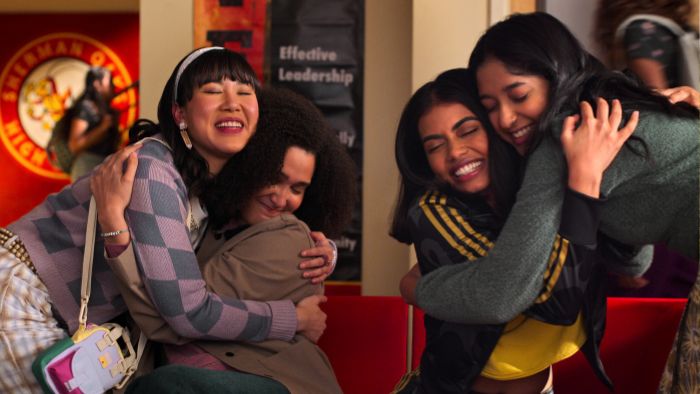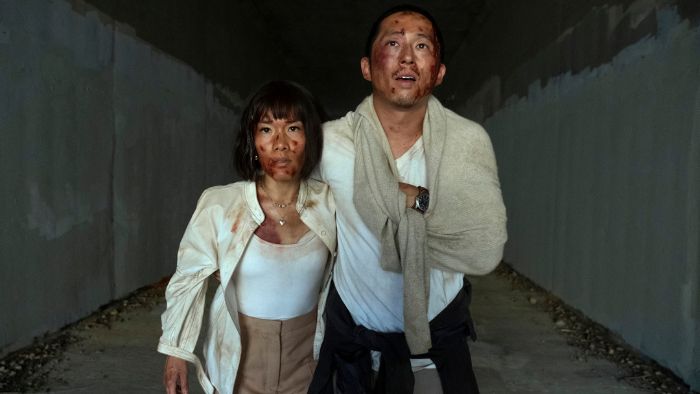On the surface, Mindy Kaling’s “Never Have I Ever“ is the coming-of-age story of 15-year-old Devi Vishwakumar (Maitreyi Ramakrishnan) from Sherman Oaks, California. She’s just had one of the hardest years of her life, as her dad suddenly died from a heart attack at her high school band recital, leaving her to adjust to life with her strict mother, Nalini (Poorna Jagannathan), and her newly immigrated, older cousin, Kamala (Richa Moorjani). To make matters worse, Devi isn’t popular; she’s constantly battling her frenemy, Ben (Jaren Lewison), and desperate to lose her virginity to high school swim team captain, Paxton (Darren Barnet).
However, upon closer look, the Netflix show is about self-identity, grief as another form of love, and both chosen and blood family. “Never Have I Ever” is really an ode to life—its joys, its challenges, its nuances. The show’s main character just happens to be Indian American, but “NHIE” doesn’t shy away from Devi’s identity or culture.
The conversations surrounding representation are kind of tired to me. To be clear, it matters—it always has, but for me, it is by no means the end goal. Representation is less about seeing myself in mainstream media (though, of course, this visibility can be meaningful), and more about engaging with these works and reflecting on whether or not they’re a fair portrayal of those they claim to represent. And to me, “Never Have I Ever” is just that.
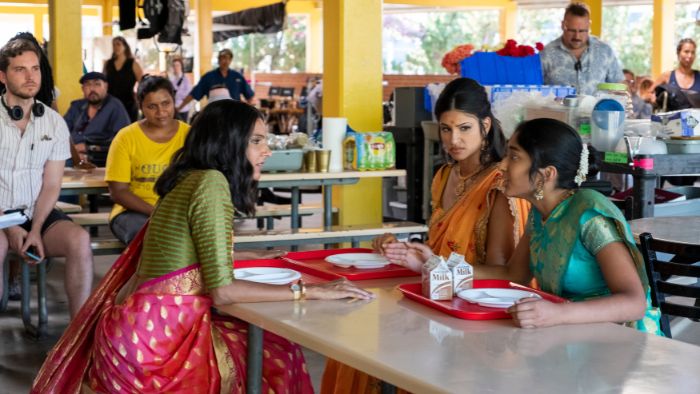
The show has been met with a fair amount of criticism for problematic storylines, from using a character’s weight and eating habits as a fatphobic punchline to the blatant Islamophobia in its first season. Though Kaling has never addressed these criticisms, she has also never shied away from the show’s imperfections. “NHIE” comes alive in its controversial portrayal of Devi, for example, even using a new student Aneesa (Megan Suri) in the second season as a critique of her character’s actions in the first season, when the other girl says that Devi “a self-hating Indian vibe.” Despite these shortcomings, “NHIE” and its main characters continued to grow as the seasons went on.
The first season, which takes place during Devi’s sophomore year of high school, is appropriately dramatic, centering on Devi’s need to climb the so-called social ladder and get a boyfriend. The second season is about the love triangle Devi gets caught in with Ben and Paxton, all while dealing with a possible move to India, and a new girl at school, Aneesa, who triggers a lot of Devi’s insecurities. The third season, my personal favorite, had such an emotional depth, perfectly showcasing Devi’s personal growth and her relationship with Nalini. As the mother and daughter grow closer, we see Devi truly start to love herself and show up the way she wants to in her various relationships. This growth continues into the fourth season, as Devi makes various mature decisions, urging her mom to move on from her father’s death, and respecting Ben’s initial decision to not date. The love triangle (love square, with Michael Cimino’s bad boy character “Ethan” introduced in season four) Devi finds herself in comes to an end, as she focuses on finding self-love and self-respect, eventually entering a healthy romance with Ben.
The main character of the series is not the only one to grow, as during the show’s start, Nalini is a grieving mother unable to connect to her daughter after her husband’s death. In the fourth season, she’s learned how to live with her sorrow and leave it behind. Nalini’s mother-in-law, Nirmala (Ranjita Chakravarty), who was also still mourning the loss of her son when we met her, gets remarried despite her struggles with being a widow. Both women were given arcs that had them grow from their initial struggles and weren’t left on the sidelines in the story.

Never Have I Ever. (L to R) Jaren Lewison as Ben Gross, Maitreyi Ramakrishnan as Devi in episode 409 of Never Have I Ever. Cr. Courtesy Of Netflix © 2023 
Never Have I Ever. (L to R) Maitreyi Ramakrishnan as Devi, Darren Barnet as Paxton Hall-Yoshida in episode 407 of Never Have I Ever. Cr. Courtesy Of Netflix © 2023
And I appreciate that the show isn’t solely about Devi’s Indianness (and she isn’t aspiring to whiteness, either, which is an unfortunately common trope with other South Asian characters in mainstream television) or some sort of culture clash, but rather, her specific story. And with specificity comes relatability, and I see parts of myself in all the show’s characters.
In Devi, I see my loneliness, my anger, my messiness, my need to explore my desires—sexual and otherwise. And while she makes mistakes, like accidentally outing her friend’s eating disorder due to jealousy or cheating her way through a debate, she still gets to be charming, funny and desirable. Devi isn’t a “good girl,” nor is she a rebel—she’s just a normal teenager trying to figure out who she is.
In Kamala, I see my struggle to do right by my family and myself. As an Indian American, I’ve often felt torn between my family’s collectivist attitudes and the more individualistic one I have. This difference shows in how my family and I consider dating, career choices, and both chosen- and blood-family ties. I saw these challenges mirrored in those of Kamala, and seeing her find a way to do what she desires while keeping her family close to her heart made me feel proud of her—and myself, in a way. In Nalini, I see my grief and the ways I’ve been taught to show and control it. I even see my grandmother in Nirmala and her innocent audacity. I see my culture in the food the family eats, the effortless multigenerational household dynamic and the way Nalini calls Devi “kanna” whether she’s disappointed in her daughter or not.
The bonds between all the women in the show, Devi, Nalini, Kamala, and Nirmala, are beautiful. Throughout the show’s four seasons, Devi learns to be okay with her mother dating again. Nalini comes to Devi’s defense regardless of whether her daughter is in the wrong and invites Nirmala to move in with them. Nirmala forces Nalini to try and make friends and fiercely protects Kamala as she dates different men, urging her to think of her future. Kamala and Devi cover for each other’s romantic ventures and find an eventual sisterhood.
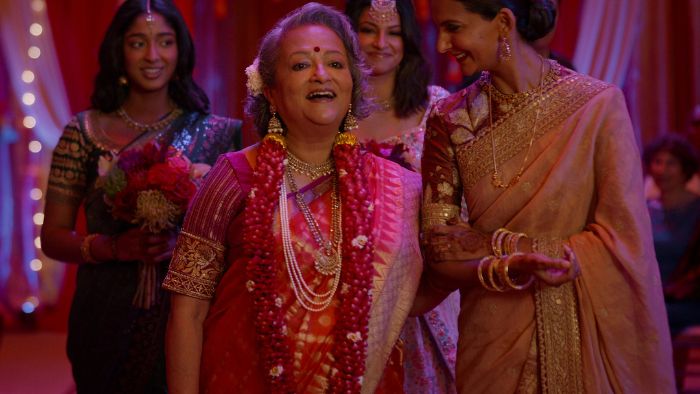
This sisterhood spans outside the family as well. Devi’s best friends, Eleanor (Ramona Young) and Fabiola (Lee Rodriguez) have each other’s backs no matter what happens with their love lives, college decisions, and family troubles. Though I wished more time was spent on the trio’s friendship, and the two other girls’ life in general, the love the three shared was apparent throughout the series. Eleanor is an eccentric, aspiring actress with abandonment issues, and Fabiola is the sweet, yet shy robotics team captain who struggles with her sexuality before coming out as gay later in the series.
Again, on the surface, these three girls don’t have much in common, but the admiration, respect, and love that they share bonds them throughout the years and had me hooked. Though love interests overlapped and jealousy got in the way here and there, it was still meaningful to see such strong female friendships that showcased honesty, reliability, and, when needed, apologies. For example, Eleanor and Fabiola supported Devi through her grieving process, Devi and Eleanor validated Fabiola when she came out, and Devi and Fabiola helped Eleanor to understand, and eventually end, an unhealthy romantic relationship.
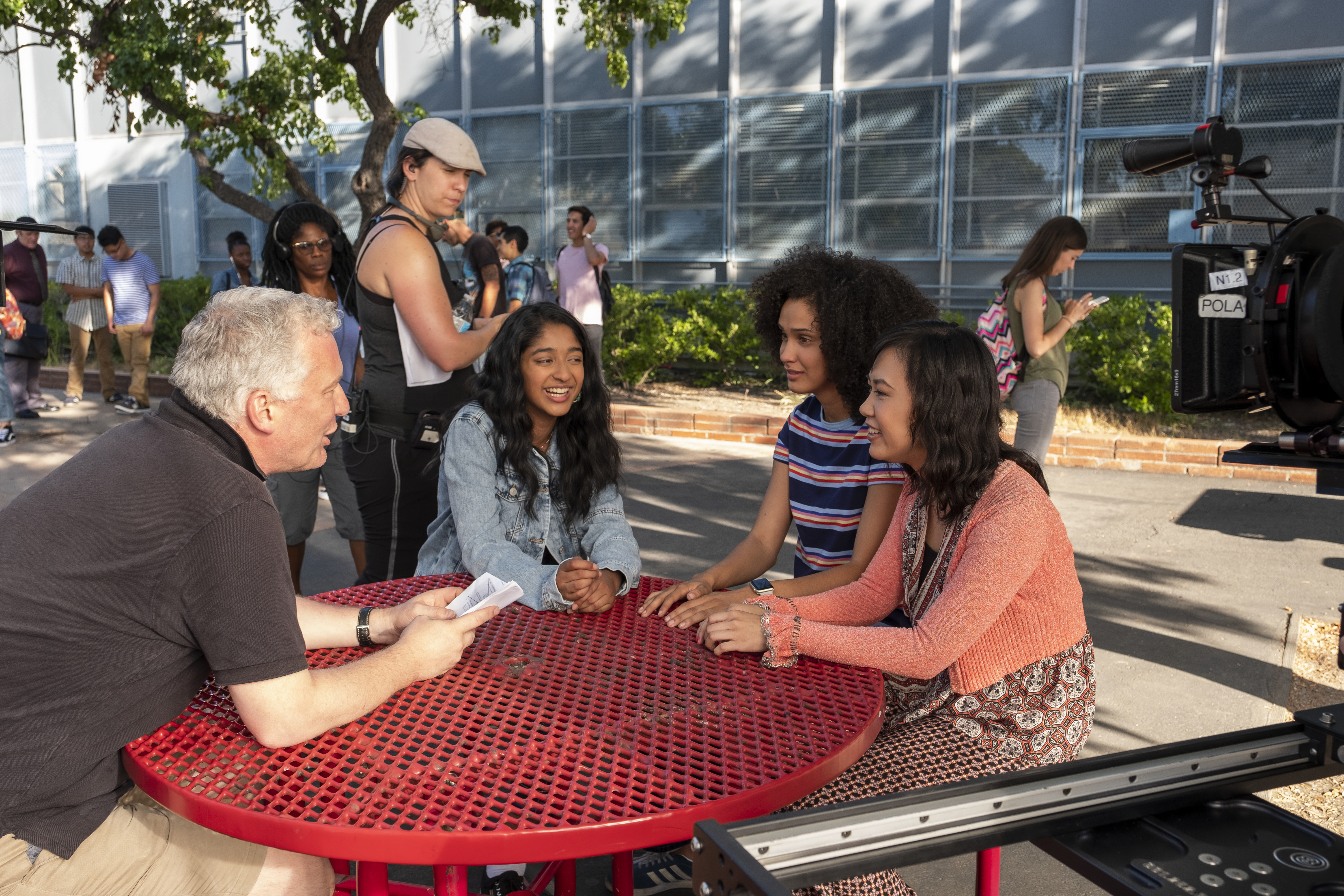
“Never Have I Ever” is by no means perfect, and yet, I grew invested in its story, the way it braided grief into joy, and kept the Vishwakumar family at its center. The series’ nuanced portrayal of the Indian characters was beautiful to watch, and I felt proud that they were all able to evolve and grow. The show was hard to say goodbye to, but as a viewer, I found solace that all the characters had satisfying endings. And more importantly, I was riding with Team Devi until the very end.
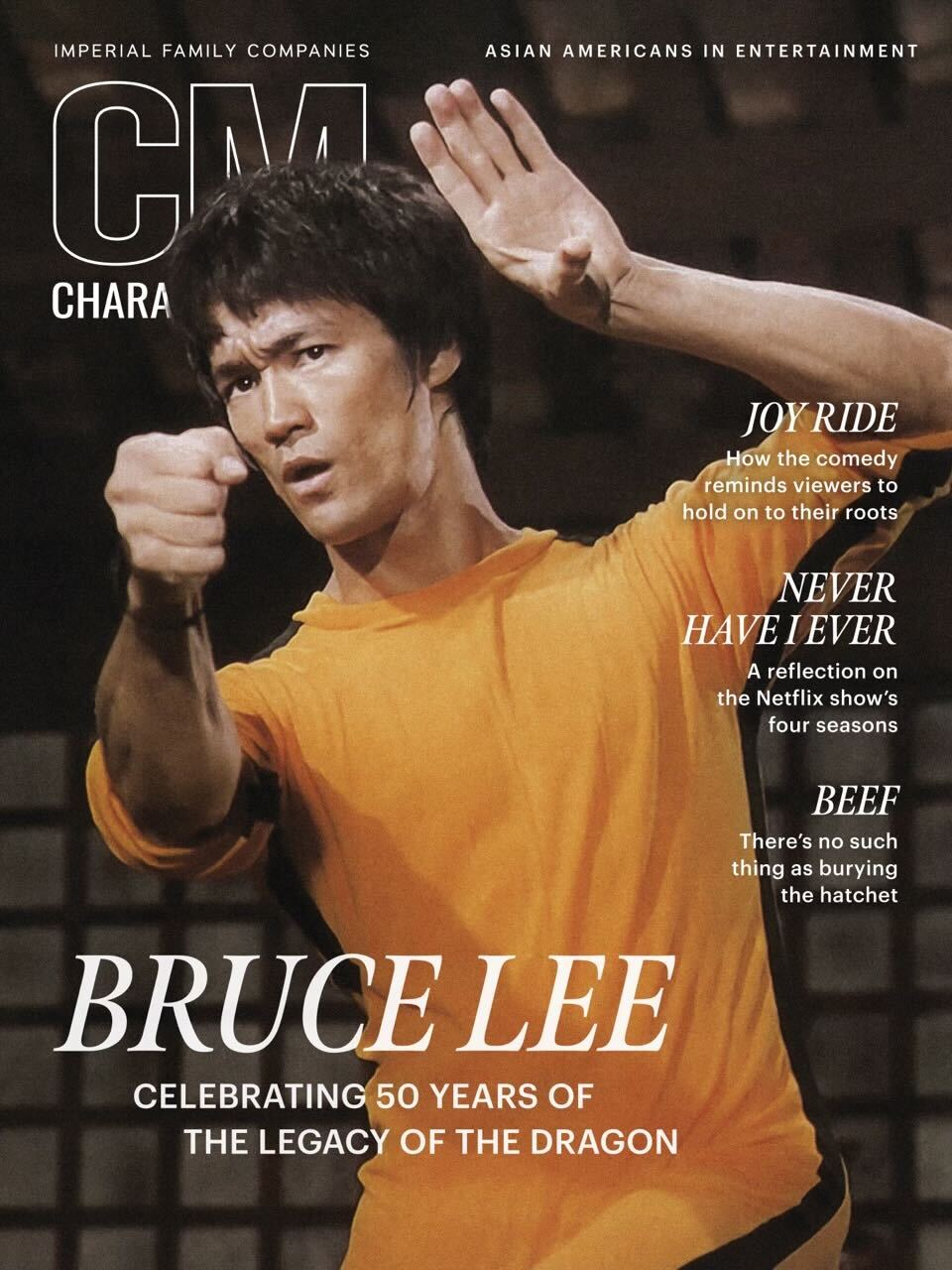
This article appeared in Character Media’s Annual 2023 Issue.
Read our full e-magazine here.



